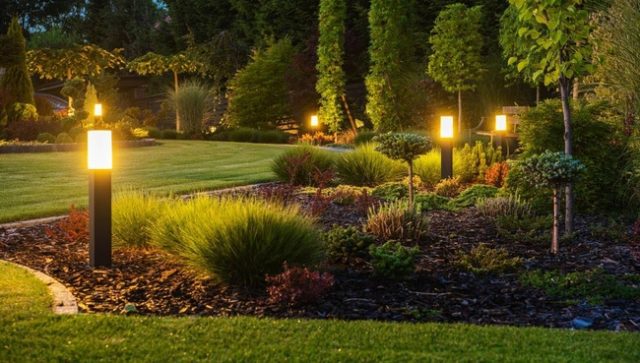
Excessive artificial lighting in gardens poses multifaceted challenges to both the natural world and human well-being. The impact of light pollution extends beyond mere annoyance; it disrupts the delicate balance of ecosystems and interferes with the behavior and life cycles of various species. In rural settings like the Irish countryside, where the night sky offers a breathtaking celestial display, the encroachment of artificial lighting has become a pervasive issue, dulling the brilliance of stars and constellations. Moreover, the unintended consequences of this light intrusion extend to the insect population, with studies estimating significant mortality among flying insects attracted to artificial lights. The intricate web of life, from beetles to moths, is affected, and the repercussions cascade through ecosystems, influencing migration, reproduction, and predator-prey relationships.

The negative effects of excessive garden lighting extend beyond insects to impact birdlife, bats, hedgehogs, and amphibians. Nocturnal animals alter their behavior and routines in response to artificial illumination, affecting hunting patterns, nesting habits, and even the timing of egg-laying. Bright lights disrupt the essential process of night pollination conducted by moths, undermining their ability to identify suitable flowers. Additionally, humans are not immune to the consequences of excessive artificial lighting, as it disrupts natural circadian rhythms, impacting melatonin levels and subsequently affecting sleep patterns, moods, and the immune system. Thus, as stewards of outdoor spaces, individuals are encouraged to adopt thoughtful lighting practices, minimizing the detrimental effects on both the environment and personal well-being. Strategies such as using warmer-colored lights, incorporating motion sensors, and limiting the intensity and duration of illumination contribute to a more sustainable and harmonious coexistence between human activity and the natural world.














